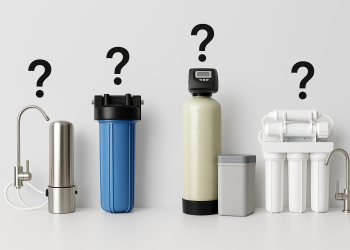One of the challenges of working with overseas suppliers is that you may not be accustomed to their style and culture. What may seem strange and unusual in one country may be acceptable in another. For example, if I were a store in United States or Canada and a customer asked me what time my store opens I would say 8, 9 or 10am. I wouldn’t say depends on what time I get up, but the latter answer is quite common in some parts of the world.
In fact I asked that very question while vacationing in Asia and that’s the exact response that I got. To the store owner the concept of 9-5 seemed very strange thus the reason I’m telling you this is because I find that my understanding and appreciating the differences in cultures it makes the better relationship between you and your supplier.
If you are in United States or United Kingdom, Canada, Australia wherever and you are used to doing things in a certain way at a certain pace, you need to be open-minded when working with suppliers from other parts of the world, know that what’s acceptable to you may not be to your supplier and vice versa, especially if they sell high profit margin products.
In the Western culture we are used to work nine to five work day and we mostly work in casual environment where calling your boss by his or her first name is perfectly acceptable, we are also driven by data and metrics things like revenue profit and sell we are of utmost importance. On the other hand, in place like China and Japan the work environment is very formal in fact it would be disrespectful to call your boss or for that matter your elders by their first name. Also in many of these countries is less of a nine-to-five workday and more of a work until the job is done. I have received emails and text messages from suppliers in China at two o’clock in their morning their local time.
Finally if you’re working with the supplies in the developing world or in the Middle East you will find that the work culture tends to be very laid-back and slow-paced also from experience I find that if you want something done you just have to pay for it. if you want your supplier in Pakistan or India to deliver their products faster, you have to pay for it. If you want a custom logo you will have to pay for it they have or they can have advantages or disadvantages depending on how you look at it, considering is dropshipping worth it.
When dealing specifically with the Chinese suppliers here there are few things to keep in mind. As I mentioned China has a formal work environment so when you start talking to suppliers don’t be alarmed if they come off as being somewhat rigid. That will change very soon. Also don’t just send an email asking suppliers for a price and then expect them to give you a discount. From my personal experience I find the Chinese to be incredibly hardworking and driven, so you can expect your suppliers to do everything they can to meet your requests given that they’re reasonable.
One thing you can’t do on Alibaba is threaten your suppliers with legal actions you can’t say I’ll sure or I will show you that for a file a complaint it doesn’t exist, so it’s pointless threatening legal action if your products have defects or are late, your best bet is to have a good relationship with your supplier so you can resolve disputes together. Here is the twist in China many companies, especially suppliers on Alibaba are getting training on dealing with American culture and sometimes it can be quite funny.
For example after you have completed a transaction you may get an email from Patty or Steve saying something to the effect of “dear Bob when you purchase product from us we became friends and as friends I invite you to our factory” or you will get a random email saying “dear Jennifer this weekend I visited the country and picked fresh fruits here are some pictures, what do you think?”. This is just your supplies way of making an effort and showing you that they want your business. if that happens know that it’s a good thing and don’t be confused.








